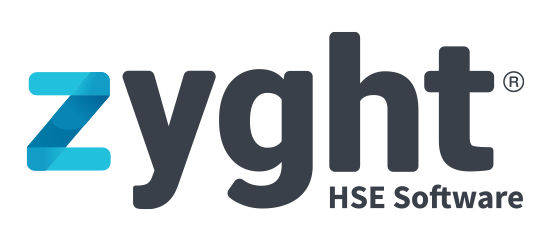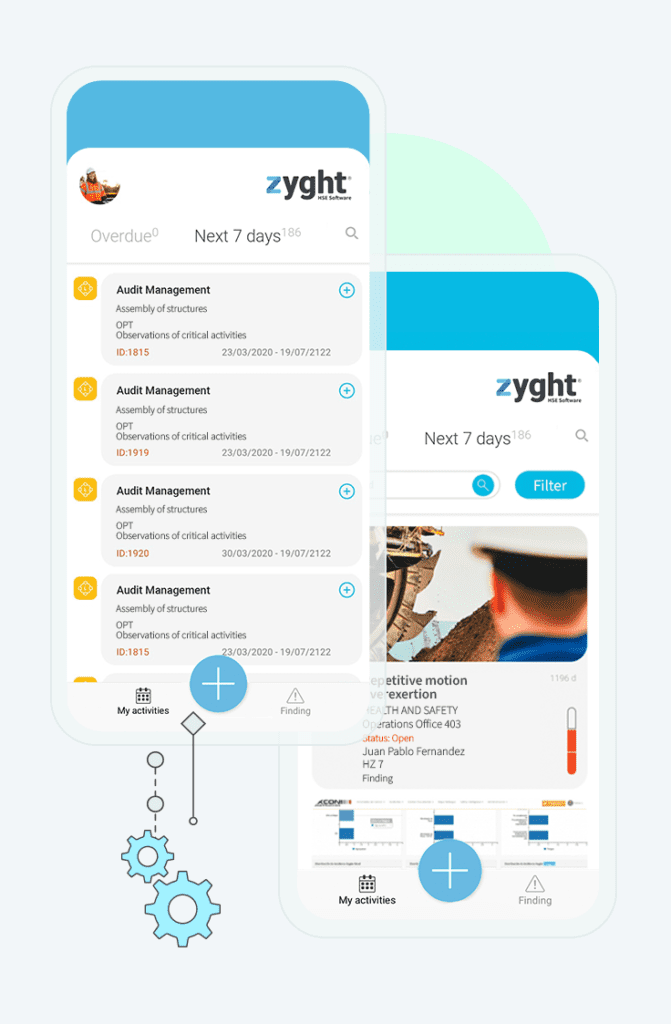Environmental, Social, and Governance (ESG) reporting has become an increasingly important part of the corporate landscape.
Organizations are now expected to consider their social responsibility goals when creating annual reports informing stakeholders about their impact on society. A comprehensive ESG report provides transparency and accountability while demonstrating a company’s commitment to sustainability and ethical business practices.
This guide will discuss the elements to consider when developing an effective ESG annual report – from identifying key stakeholders to creating metrics for measuring performance. We will also provide tips on effectively communicating your ESG achievements to benefit your business and society.
Identifying Key Stakeholders for Your ESG Report
When creating an ESG annual report, it is essential to determine who should include stakeholders. Stakeholders include shareholders, investors, customers, employees, suppliers, communities, NGOs, and local governments. Creating a report that satisfies the needs and interests of all stakeholders is essential for its success. It should be tailored to each group’s requirements for optimal impact.
Developing Metrics for Measuring Performance
Once the key stakeholders have been identified, it is important to establish metrics for measuring performance. These metrics should reflect the ESG goals and objectives of the organization and should be based on industry standards and best practices.
Some examples of ESG metrics include emissions, waste, water usage, energy efficiency, diversity and inclusion, community engagement, and customer satisfaction.
Tips on Communicating Your ESG Achievements
When communicating your ESG achievements, it is crucial to provide detailed information about your efforts. Be sure to include specific details about the metrics used for measuring performance as well as how these metrics have improved over time.
Besides, emphasize initiatives or projects demonstrating a commitment to sustainability and ethical business practices. You should also explain how these actions will benefit the organization and society.
Finally, be sure to use precise language when communicating your ESG successes; this will help ensure that all stakeholders understand the importance of the report and its implications for their future investments in the company.
How to Make Sure Your Report Is Accurate and Up-to-Date
When developing an ESG annual report, it is vital to ensure that it is accurate and up-to-date. Organizations should create a standardized process for collecting data and tracking metrics to ensure accuracy and consistency. This process should include a timeline for regularly updating the report and steps for verifying the accuracy of the information collected.
Companies should also consider utilizing outside third-party experts or consultants to assess their ESG initiatives’ impact accurately.
In addition to ensuring accuracy and consistency, organizations should ensure that their reports are up-to-date.
Reports should be updated regularly with new information about metrics such as emissions, waste, water usage, energy efficiency, diversity and inclusion, community engagement, and customer satisfaction. Companies should also keep track of changes in industry standards or best practices to ensure they provide stakeholders with current and accurate information.
Organizations can also utilize technology solutions to help them create accurately and up-to-date ESG reports. For example, many companies have implemented automated data collection systems that can easily track metrics over time while ensuring accuracy and consistency.
Additionally, these systems can alert stakeholders when new information is available, or changes need to be made to existing metrics.
Finally, organizations should strive to communicate their ESG achievements clearly and accurately to demonstrate their commitment to social responsibility goals.
By developing an effective communication strategy that includes detailed descriptions of each metric used for measuring performance and how these metrics have improved over time, companies can provide stakeholders with valuable information about their impact on society.
Additionally, companies should emphasize initiatives or projects demonstrating their commitment to sustainability and ethical business practices so that stakeholders can better understand how these actions benefit the organization and society.
Concluding Thoughts on the Value of an Effective ESG Annual Report
An effective ESG annual report is essential to ensuring that organizations meet their social responsibility goals. By developing a standardized process for collecting data and tracking metrics, as well as utilizing outside third-party experts or consultants to assess the impact of their initiatives accurately, companies can ensure accuracy and consistency in their reports.
Additionally, by leveraging technology solutions such as automated data collection systems, companies can ensure that their reports remain up-to-date with current industry standards and best practices.
Finally, organizations must communicate their ESG achievements clearly and accurately so stakeholders understand how these actions benefit the organization and society.
An effective ESG annual report will not only help you meet your social responsibility goals and build trust between your business and its stakeholders.
At ZYGHT, we understand the importance of Environmental, Social, and Governance reporting. We have developed a world-class solution to help organizations track their ESG objectives digitally.
Our software is designed to make it easier for companies to identify key stakeholders and establish metrics to ensure they meet their social responsibility goals.
If you’re looking for an effective way to monitor your performance in this area, request a demo today and see how our software can benefit your business and society.










